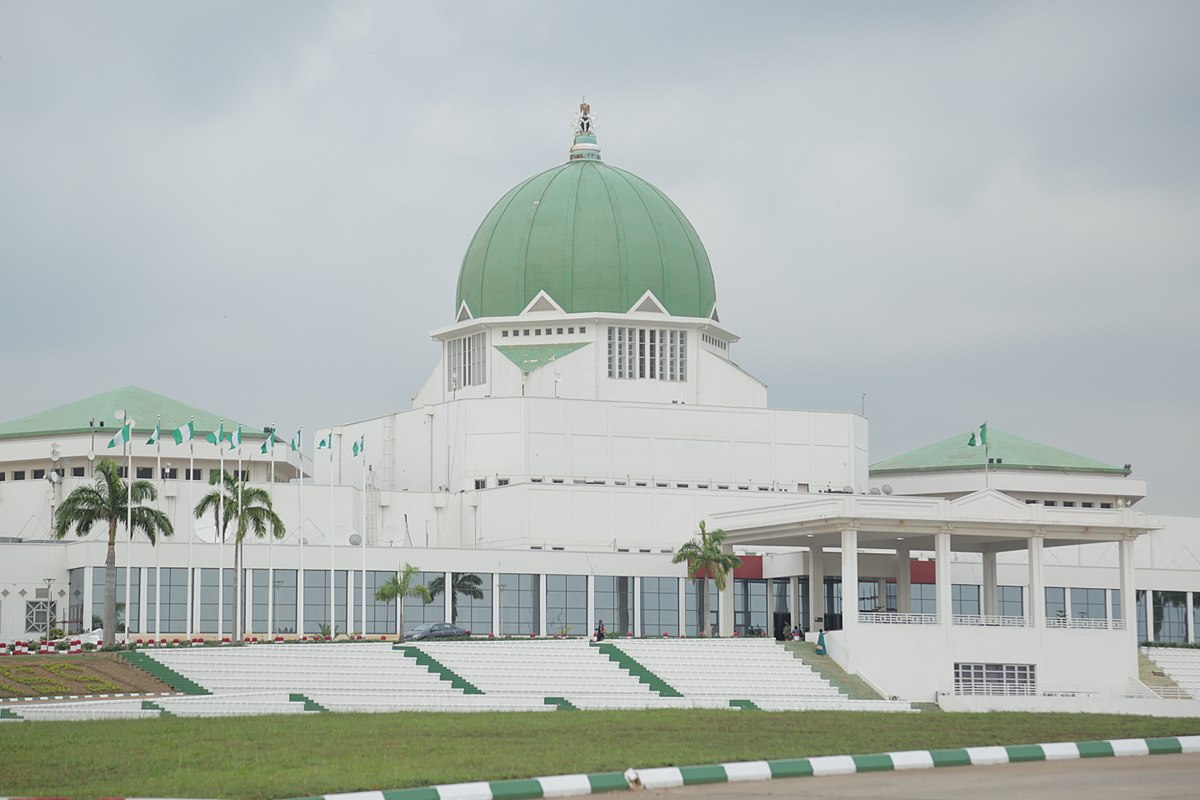
The Chairman, House Committee on Anti-Corruption, Kayode Akiolu, who stated this in Abuja during the committee’s inaugural meeting, pledged the readiness of the 10th Assembly to strengthen transparency and accountability in the war against corruption through collaboration and legislative reforms.
Assuring civil society organisations and international agencies of robust engagement in the discharge of the committee’s duties, Asaolu said the committee will not shy away from monitoring and evaluating all efforts aimed at stamping out corruption in Nigeria.
“There is a need for collaboration, capacity building, and legislative reforms to tackle corruption effectively.
“As a result, the committee will host a collaborative meeting to get citizens’ feedback through organised actions by CSOs and international organisations.
“These events will promote meaningful discussions, knowledge sharing, and collaboration. We will begin with one-on-one visits to international and national organisations, establishing connections and exploring areas of cooperation.
“This activity aligns with our secondary jurisdiction of developing programmes to address violations of conduct or laws. The meetings with CSOs will help us discuss strategies and explore collaborations to combat corruption effectively,” he said.
Akiolu, who represents Lagos Island II, Lagos State, also unveiled the committee’s plans to organise a retreat for members to provide a comprehensive understanding of anti-corruption policies, practices, and associated challenges on Friday.
To kickstart the committee’s work, Akiolu hinted at plans to conduct site visits to anti-corruption agencies as part of steps aimed at monitoring and evaluating their efforts in mitigating corruption.
“These visits allow for direct observation of their practices, procedures, and systems in place to combat corruption. By physically being present at these institutions, we can assess the implementation of anti-corruption measures and identify areas that require improvement.
“Site visits provide a comprehensive evaluation of the agencies’ efforts and help ensure accountability and transparency in anti-corruption endeavours. By verifying the effectiveness of their measures through firsthand assessment, we can identify any potential gaps or areas of concern.
“This will allow us to provide targeted recommendations and support to enhance their anti-corruption initiatives.
Overall, conducting regular site visits to anti-corruption agencies is a valuable approach to monitoring and evaluating their efforts in mitigating corruption.
“It will enable us to assess their practices and systems, ensure accountability, and provide support for continuous improvement in their fight against corruption,” he added.
In the bid to strengthen public engagement in legislative processes, Akiolu disclosed the committee’s plan to organise regional citizens’ town hall meetings, saying, “These events provide a platform for open discussions where citizens share their insights, shaping effective policies. By prioritising inclusivity and accessibility, diverse communities’ voices are heard, fostering transparency and accountability. Online participation enhances inclusivity.
“Ultimately, this citizen-driven approach strengthens anti-corruption measures, creating a more representative framework for combating corruption in Nigeria.”
He further hinted at the committee’s plans to initiate international exchange programmes and conferences to facilitate knowledge sharing and expose members to global best practices in the fight against corruption.





